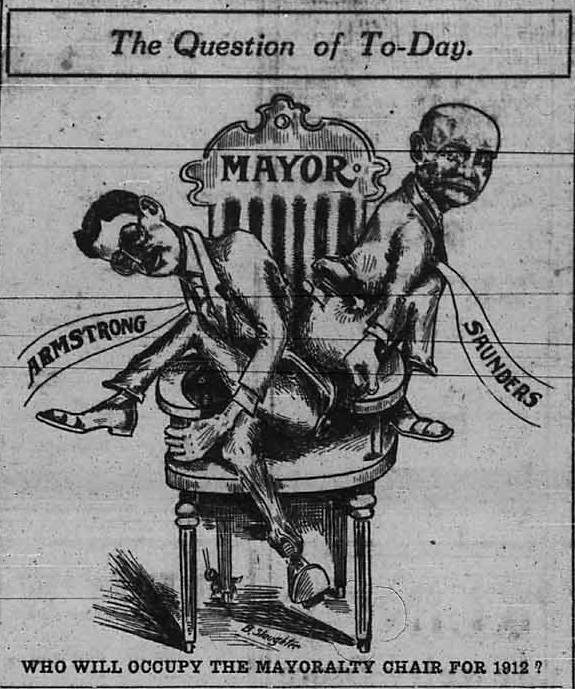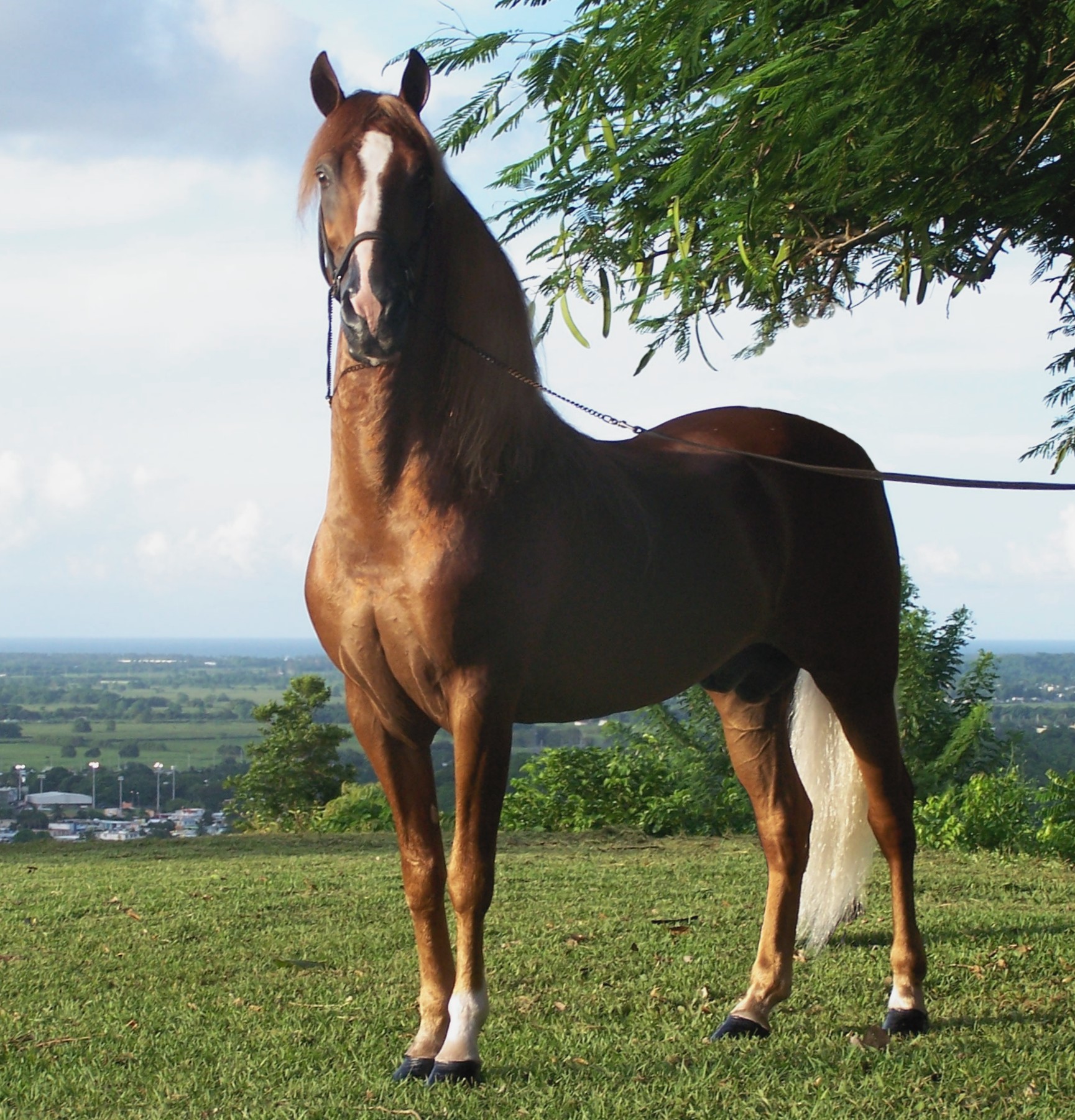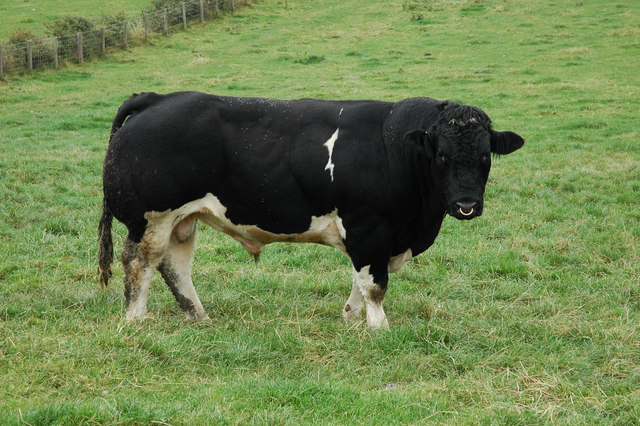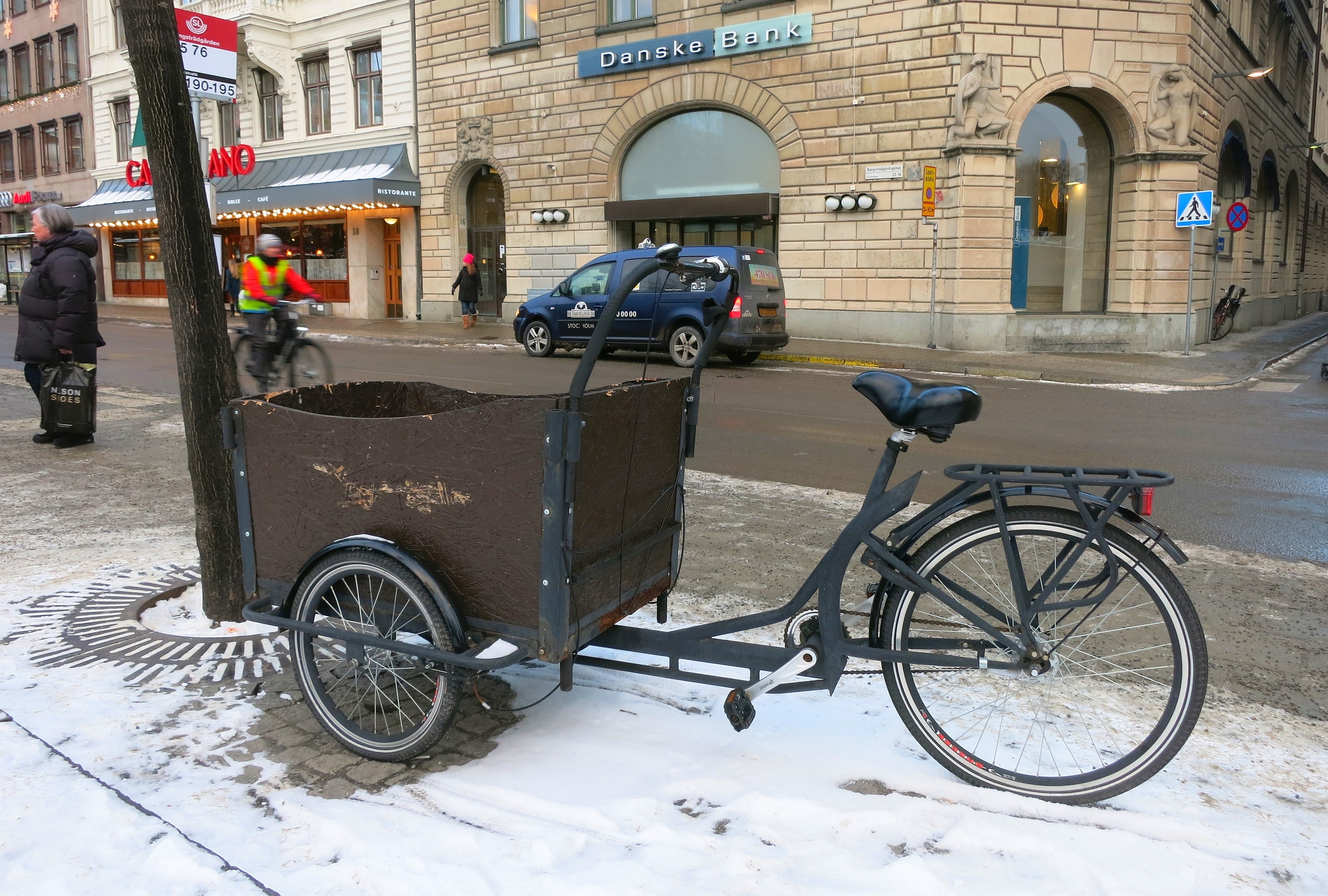|
Edgerton W. Day
Edgerton Winnett Day (November 26, 1863 – February 11, 1919) was a Canadian politician and pioneer settler in the area that became the Canadian province of Alberta. Born in 1863 in Canada West, Day completed his education, and took up a job as a stagecoach driver. Soon after, he would find employment at the Massey-Harris company, an agricultural equipment manufacturer. During this time, Day first surveyed the land that he would eventually settle later on in his life. After briefly working as a loan company, Day moved to the west, after having aspirations of doing so since his youth. As the Canadian Pacific Railway gained entitlement to a portion of land in the prairies, Day became interested in purchasing a large portion, and did so in 1904. He then completed plans for what would later become the town that bears his name, Daysland, in present-day Flagstaff County, Alberta. Daysland was formed in 1905, when the railway line to the area was completed. Soon after, a large colonial- ... [...More Info...] [...Related Items...] OR: [Wikipedia] [Google] [Baidu] |
Daysland
Daysland is a town in central Alberta, Canada. It is on Highway 13, approximately east of Camrose. History The community was named for its founder and first mayor, Edgerton W. Day, who purchased of land from the CPR in 1904 to form the basis of Daysland. Demographics In the 2021 Census of Population conducted by Statistics Canada, the Town of Daysland had a population of 789 living in 333 of its 356 total private dwellings, a change of from its 2016 population of 824. With a land area of , it had a population density of in 2021. In the 2016 Census of Population conducted by Statistics Canada, the Town of Daysland recorded a population of 824 people living in 330 of its 356 total private dwellings, a change from its 2011 population of 807. With a land area of , it had a population density of in 2016. Notable people * Richard Petiot, professional hockey player * Matthew Spiller, professional hockey player *Dick Beddoes, sportscaster and journalist See also *Li ... [...More Info...] [...Related Items...] OR: [Wikipedia] [Google] [Baidu] |
Edmonton Bulletin
The ''Edmonton Bulletin'' was a newspaper in Edmonton, Alberta, published from 1880 until January 20, 1951. It was founded by Edmonton pioneer Frank Oliver, a future Liberal politician and cabinet minister in the Canadian Government. Oliver co-founded the paper with Alex Taylor, the city's first telegraph operator, in 1880. It was Edmonton's undisputed foremost newspaper until the ''Edmonton Journal'' was founded in 1903. The ''Journal'' took an editorial stance friendly to the Conservative Party, in contrast to the ''Bulletin'' which was the Liberal Liberal or liberalism may refer to: Politics * a supporter of liberalism ** Liberalism by country * an adherent of a Liberal Party * Liberalism (international relations) * Sexually liberal feminism * Social liberalism Arts, entertainment and m ... Oliver's mouthpiece. The ''Bulletin'' folded on January 20, 1951. References History of the Edmonton Journal [...More Info...] [...Related Items...] OR: [Wikipedia] [Google] [Baidu] |
Sisters Of Providence Of St
A sister is a woman or a girl who shares one or more parents with another individual; a female sibling. The male counterpart is a brother. Although the term typically refers to a familial relationship, it is sometimes used endearingly to refer to non-familial relationships. A full sister is a first degree relative. Overview The English word ''sister'' comes from Old Norse systir which itself derives from Proto-Germanic *swestēr, both of which have the same meaning, i.e. sister. Some studies have found that sisters display more traits indicating jealousy around their siblings than their male counterparts, brothers. In some cultures, sisters are afforded a role of being under the protection by male siblings, especially older brothers from issues ranging from bullies or sexual advances by womanizers. In some quarters the term ''sister'' has gradually broadened its colloquial meaning to include individuals stipulating kinship. In response, in order to avoid equivocation, some pub ... [...More Info...] [...Related Items...] OR: [Wikipedia] [Google] [Baidu] |
Stallions
A stallion is a male horse that has not been gelded (castrated). Stallions follow the conformation and phenotype of their breed, but within that standard, the presence of hormones such as testosterone may give stallions a thicker, "cresty" neck, as well as a somewhat more muscular physique as compared to female horses, known as ''mares'', and castrated males, called ''geldings''. Temperament varies widely based on genetics, and training, but because of their instincts as herd animals, they may be prone to aggressive behavior, particularly toward other stallions, and thus require careful management by knowledgeable handlers. However, with proper training and management, stallions are effective equine athletes at the highest levels of many disciplines, including horse racing, horse shows, and international Olympic competition. "Stallion" is also used to refer to males of other equids, including zebras and donkeys. Herd behavior Contrary to popular myths, many stallions do not ... [...More Info...] [...Related Items...] OR: [Wikipedia] [Google] [Baidu] |
Bull
A bull is an intact (i.e., not castrated) adult male of the species ''Bos taurus'' (cattle). More muscular and aggressive than the females of the same species (i.e., cows), bulls have long been an important symbol in many religions, including for sacrifices. These animals play a significant role in beef ranching, dairy farming, and a variety of sporting and cultural activities, including bullfighting and bull riding. Due to their temperament, handling requires precautions. Nomenclature The female counterpart to a bull is a cow, while a male of the species that has been castrated is a ''steer'', '' ox'', or ''bullock'', although in North America, this last term refers to a young bull. Use of these terms varies considerably with area and dialect. Colloquially, people unfamiliar with cattle may refer to both castrated and intact animals as "bulls". A wild, young, unmarked bull is known as a ''micky'' in Australia.Sheena Coupe (ed.), ''Frontier Country, Vol. 1'' (Weldon R ... [...More Info...] [...Related Items...] OR: [Wikipedia] [Google] [Baidu] |
Mule
The mule is a domestic equine hybrid between a donkey and a horse. It is the offspring of a male donkey (a jack) and a female horse (a mare). The horse and the donkey are different species, with different numbers of chromosomes; of the two possible first-generation hybrids between them, the mule is easier to obtain and more common than the hinny, which is the offspring of a female donkey (a jenny) and a male horse (a stallion). Mules vary widely in size, and may be of any color. They are more patient, hardier and longer-lived than horses, and are perceived as less obstinate and more intelligent than donkeys. Terminology A female mule that has oestrus cycles, and which could thus in theory carry a foetus, is called a "molly" or "Molly mule", though the term is sometimes used to refer to female mules in general. A male mule is properly called a "horse mule", though often called a "john mule", which is the correct term for a gelded mule. A young male mule is called a "mule co ... [...More Info...] [...Related Items...] OR: [Wikipedia] [Google] [Baidu] |
Refrigerator
A refrigerator, colloquially fridge, is a commercial and home appliance consisting of a thermally insulated compartment and a heat pump (mechanical, electronic or chemical) that transfers heat from its inside to its external environment so that its inside is cooled to a temperature below the room temperature. Refrigeration is an essential food storage technique around the world. The lower temperature lowers the reproduction rate of bacteria, so the refrigerator reduces the rate of spoilage. A refrigerator maintains a temperature a few degrees above the freezing point of water. The optimal temperature range for perishable food storage is .Keep your fridge-freezer clean and ice-free ''BBC''. 30 April 2008 A similar device that maintains a temperature below the freezing point of water is called a freezer. The refrigerator replaced the icebox, which had been a common household appliance for almost a century and a half. The United States Food and Drug Administration recommends tha ... [...More Info...] [...Related Items...] OR: [Wikipedia] [Google] [Baidu] |
Hot Water Heater
Water heating is a heat transfer process that uses an energy source to heat water above its initial temperature. Typical domestic uses of hot water include cooking, cleaning, bathing, and space heating. In industry, hot water and water heated to steam have many uses. Domestically, water is traditionally heated in vessels known as ''water heaters'', ''kettles'', ''cauldrons'', ''pots'', or ''coppers''. These metal vessels that heat a batch of water do not produce a continual supply of heated water at a preset temperature. Rarely, hot water occurs naturally, usually from natural hot springs. The temperature varies with the consumption rate, becoming cooler as flow increases. Appliances that provide a continual supply of hot water are called ''water heaters'', ''hot water heaters'', ''hot water tanks'', ''boilers'', ''heat exchangers'', ''geysers'' (Southern Africa and the Arab world), or ''calorifiers''. These names depend on region, and whether they heat potable or non-potable w ... [...More Info...] [...Related Items...] OR: [Wikipedia] [Google] [Baidu] |
Settlers
A settler is a person who has migrated to an area and established a permanent residence there, often to colonize the area. A settler who migrates to an area previously uninhabited or sparsely inhabited may be described as a pioneer. Settlers are generally from a sedentary culture, as opposed to nomadic peoples who may move settlements seasonally, within traditional territories. Settlement sometimes relies on dispossession of already established populations within the contested area, and can be a very violent process. Sometimes settlers are backed by governments or large countries. Settlements can prevent native people from continuing their work. Historical usage One can witness how settlers very often occupied land previously residents to long-established peoples, designated as Indigenous (also called "natives", "Aborigines" or, in the Americas, "Indians"). The process by which Indigenous territories are settled by foreign peoples is usually called settler colonialism ... [...More Info...] [...Related Items...] OR: [Wikipedia] [Google] [Baidu] |
Homestead Acts
The Homestead Acts were several laws in the United States by which an applicant could acquire ownership of government land or the public domain, typically called a homestead. In all, more than of public land, or nearly 10 percent of the total area of the United States, was given away free to 1.6 million homesteaders; most of the homesteads were west of the Mississippi River. An extension of the homestead principle in law, the Homestead Acts were an expression of the Free Soil policy of Northerners who wanted individual farmers to own and operate their own farms, as opposed to Southern slave-owners who wanted to buy up large tracts of land and use slave labor, thereby shutting out free white farmers. The first of the acts, the Homestead Act of 1862, opened up millions of acres. Any adult who had never taken up arms against the Federal government of the United States could apply. Women and immigrants who had applied for citizenship were eligible. Several additio ... [...More Info...] [...Related Items...] OR: [Wikipedia] [Google] [Baidu] |
Freight
Cargo consists of bulk goods conveyed by water, air, or land. In economics, freight is cargo that is transported at a freight rate for commercial gain. ''Cargo'' was originally a shipload but now covers all types of freight, including transport by rail, van, truck, or intermodal container. The term cargo is also used in case of goods in the cold-chain, because the perishable inventory is always in transit towards a final end-use, even when it is held in cold storage or other similar climate-controlled facility. The term freight is commonly used to describe the movements of flows of goods being transported by any mode of transportation. Multi-modal container units, designed as reusable carriers to facilitate unit load handling of the goods contained, are also referred to as cargo, especially by shipping lines and logistics operators. Similarly, aircraft ULD boxes are also documented as cargo, with an associated packing list of the items contained within. When empty contai ... [...More Info...] [...Related Items...] OR: [Wikipedia] [Google] [Baidu] |
Edgerton Winnett Day And Horse, Carrots
Edgerton may refer to: Places In Canada: *Edgerton, Alberta In the United Kingdom: *Edgerton, Huddersfield, West Yorkshire In the United States: *Edgerton, Indiana *Edgerton, Kansas * Edgerton, Minnesota * Edgerton, Missouri *Edgerton, Ohio *Edgerton, Wisconsin *Edgerton, Wyoming People with the surname * Alfred Peck Edgerton (1813–1897), American land developer and politician *Alonzo J. Edgerton (1827–1896), American politician * Benjamin Hyde Edgerton (1811–1886), American surveyor and politician *Clyde Edgerton (born 1944), American author *David Edgerton (1927–2018), founder of Burger King *David Edgerton (born 1959), British historian of science *Elisha W. Edgerton (1815–1904), businessman and politician *Franklin Edgerton (1885–1963), American linguist *Glen Edgar Edgerton (1887–1976), former governor of the Panama Canal Zone *Henry White Edgerton (1888–1970), United States federal judge *Harold Eugene Edgerton (1903–1990), professor of electrical engineeri ... [...More Info...] [...Related Items...] OR: [Wikipedia] [Google] [Baidu] |









